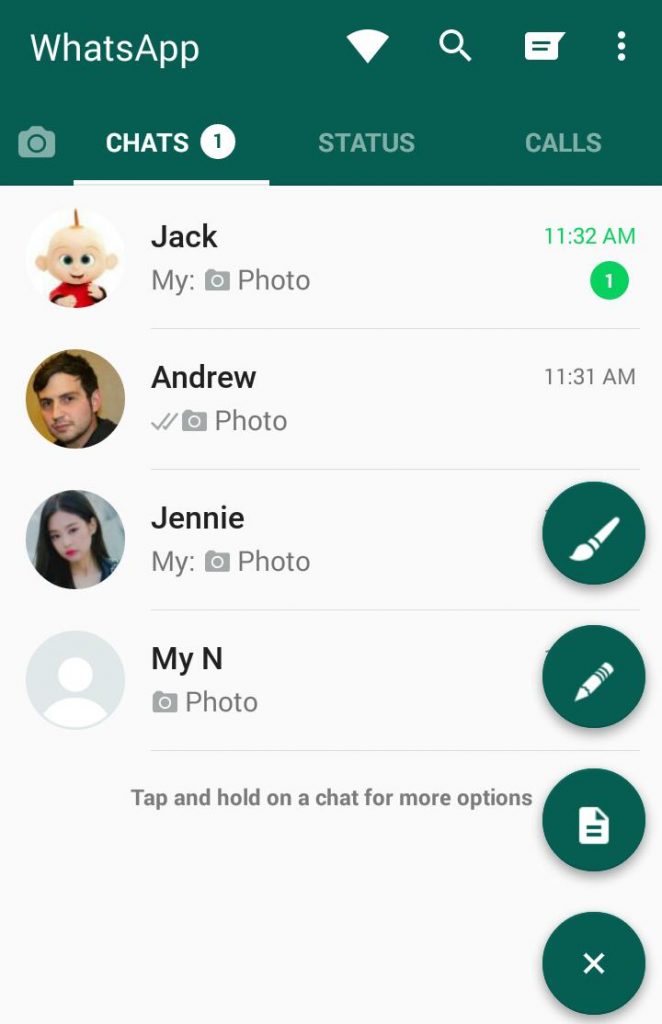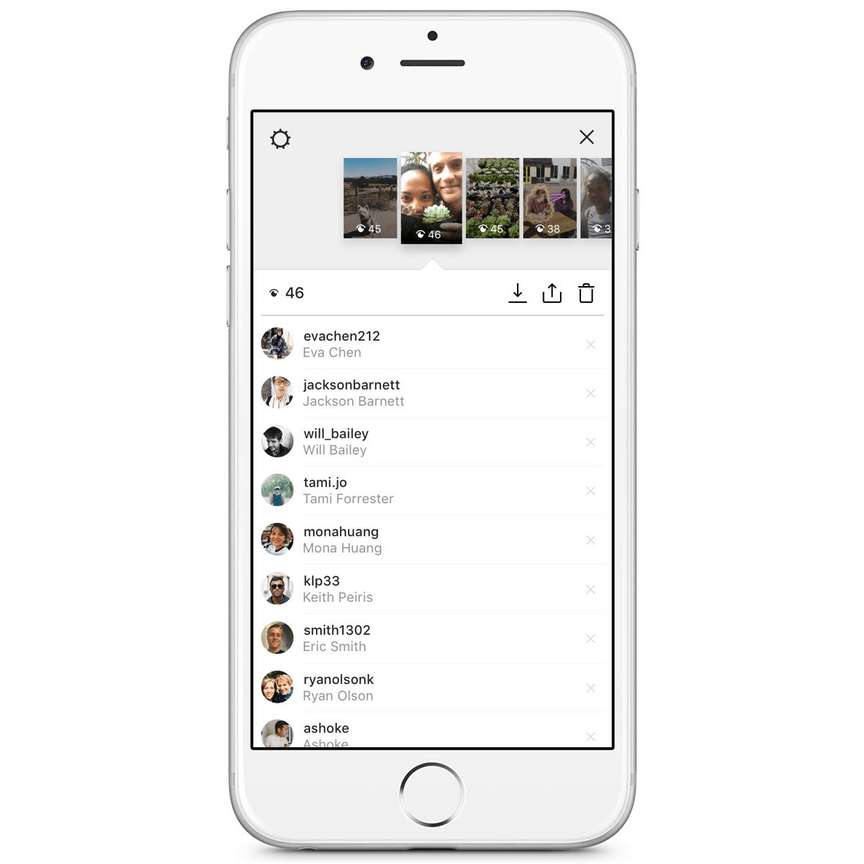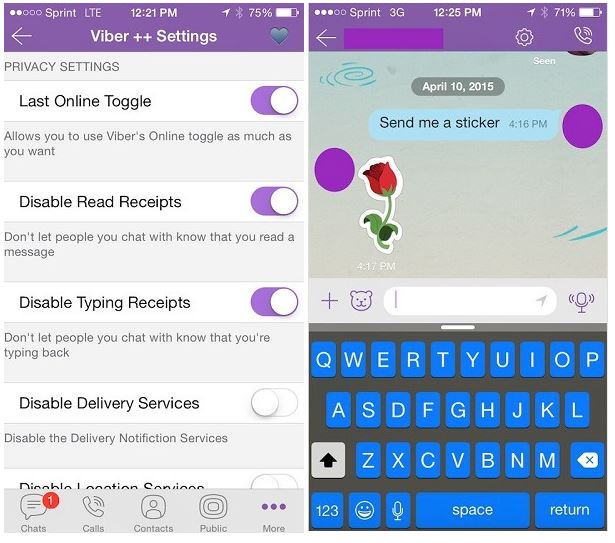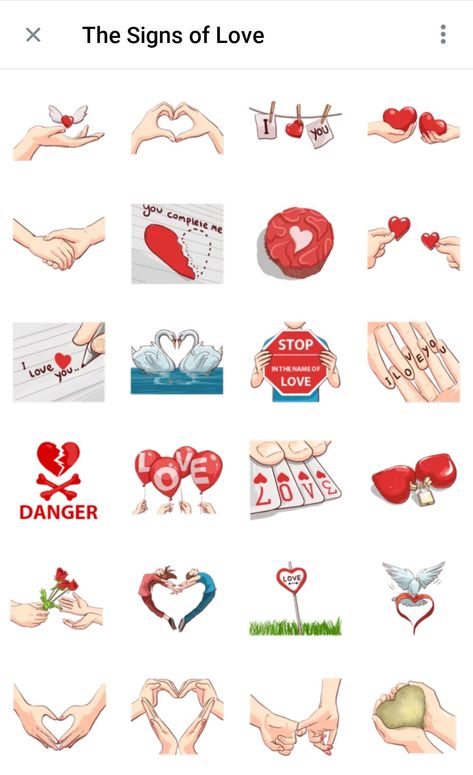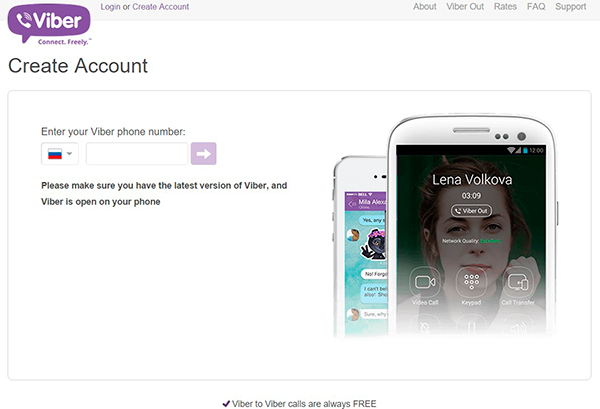How whatsapp earns
How WhatsApp Makes Money For Meta Platforms: 2 Key Ways
- Education
- Investing
Table of Сontents
- WhatsApp Basics
- WhatsApp Business Model
- 2 Ways WhatsApp Makes Money
- Bottom Line
WhatsApp is a free messenger service that is used by over 2 billion people around the world. Because it’s free for consumers, it begs the question, how does WhatsApp make money? The Meta Platforms subsidiary makes money through WhatsApp for Business and WhatsApp Pay.
oatawa/iStock via Getty Images
WhatsApp Basics
WhatsApp was founded in 2009 by Brian Acton and Jan Koum. It’s a free secured messenger service that allows domestic and international communication among users on a secured network. It’s currently headquartered in Menlo Park, California with Meta Platforms, Inc. (META) as the parent company. Facebook changed their corporate name to Meta Platforms in 2021.
Facebook acquired WhatsApp in 2014, making it the largest subsidiary of the company next to Instagram and Facebook Messenger. WhatsApp does not trade independently.
Tip: As a subsidiary of Meta Platforms, investors would buy META to gain exposure to the business of WhatsApp.
As a messenger service, WhatsApp is robust. Users can send text messages, voice messages, make both voice and video calls, share images and documents, and share one’s location. Essentially, anything a user needs to communicate with another is available via WhatsApp.
Users like the platform because it is free with no ads and offers end-to-end encryption, with the company stating that it is not able to read or capture messages.
WhatsApp Business Model
The product of WhatsApp is simple: a robust personal messaging service. How it makes money is a little different than many others in the arena. WhatsApp started as a 'freemium' service, where users were able to send messages for free for the first year and then renew at an annual $0.99 fee. They have shifted from this business model and stayed away from in-app advertising. Instead, they make money through WhatsApp for Business and WhatsApp Pay.
Instead, they make money through WhatsApp for Business and WhatsApp Pay.
There are a number of competitors in the market, all who have different business models for revenue generation. Some of the top competitors are LINE, Kakao, Kik, and Skype.
- LINE makes money from in-game purchases and other services such as stickers.
- Kakao generates revenues from advertising.
- Kik gives users rewards for watching advertisements.
- Skype is a subscription service for worldwide calling.
Note: Both Acton and Koum have left WhatsApp after disagreements with Facebook over the way the app would be monetized.
2 Ways WhatsApp Makes Money
1. WhatsApp for Businesses
While the service is free for consumers to use, businesses can sign up for WhatsApp for Business to use the platform for sales and support. The WhatsApp Business API is used by major brands such as Netflix, Uber, and Wish. It originally encouraged businesses to use the platform and provide quick responses. WhatsApp would charge businesses for delayed responses. So while the business could respond for free within 24 hours, it would be charged a fee for responses later than that.
It originally encouraged businesses to use the platform and provide quick responses. WhatsApp would charge businesses for delayed responses. So while the business could respond for free within 24 hours, it would be charged a fee for responses later than that.
The new business API for WhatsApp for Business applies charges based on a messaging tier. The charges are:
First 250,000 messages: $0.0085 per message
Next 750,000 messages: $0.0083 per message
Next 2 million messages: $0.0080 per message
Next 3 million messages: $0.0073 per message
Next 4 million messages: $0.0065 per message
Above 10 million messages: $0.0058 per message
Essentially, the more messages a company sends, the cheaper the rate is.
2. WhatsApp Pay
WhatsApp Pay is a payment feature similar to PayPal. Users can send money to friends, family, and businesses for free. The party receiving the money is charged 3.99% per transaction.
Users can send money to friends, family, and businesses for free. The party receiving the money is charged 3.99% per transaction.
Like other money sending services, this app connects to a linked bank account where the funds are taken from or deposited. This service is currently only available in India and Brazil on specific devices.
Tip: Look for WhatsApp to expand WhatsApp Pay in the near future.
You can’t invest in WhatsApp on its own but you can understand how the messenger giant makes money for its parent company, Facebook. WhatsApp is becoming a larger revenue source as it competes to maintain its market share on secure messenger services.
This article was written by
Kimberlee Leonard
213 Followers
Disclosure: I/we have no stock, option or similar derivative position in any of the companies mentioned, and no plans to initiate any such positions within the next 72 hours. I wrote this article myself, and it expresses my own opinions.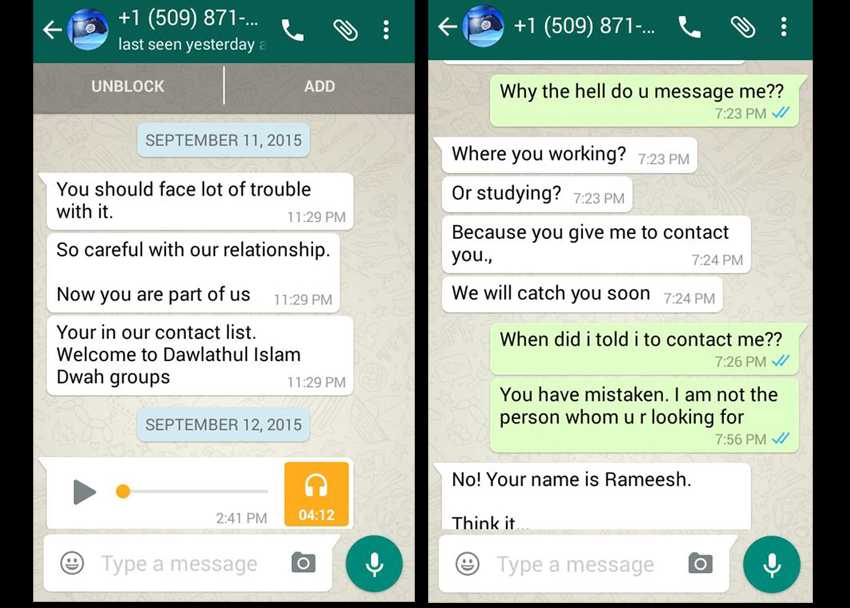 I am not receiving compensation for it. I have no business relationship with any company whose stock is mentioned in this article.
I am not receiving compensation for it. I have no business relationship with any company whose stock is mentioned in this article.
Recommended For You
To ensure this doesn’t happen in the future, please enable Javascript and cookies in your browser.
Is this happening to you frequently? Please report it on our feedback forum.
If you have an ad-blocker enabled you may be blocked from proceeding. Please disable your ad-blocker and refresh.
How Does WhatsApp Make Money?
WhatsApp was founded in 2009 by Brian Acton and Jan Koum as an alternative to pricey SMS services. The app allows users to upload their contact book and message anyone who has the app installed, at no cost. It is available for iPhones, Androids, and desktops. If it's free-to-use, how does WhatsApp make money?
Meta (META), formerly Facebook, purchased WhatsApp in February 2014 for $19 billion and according to the 2014 Facebook Form 10-Q, during the nine months preceding Sept 30, 2014, WhatsApp generated revenue of $1.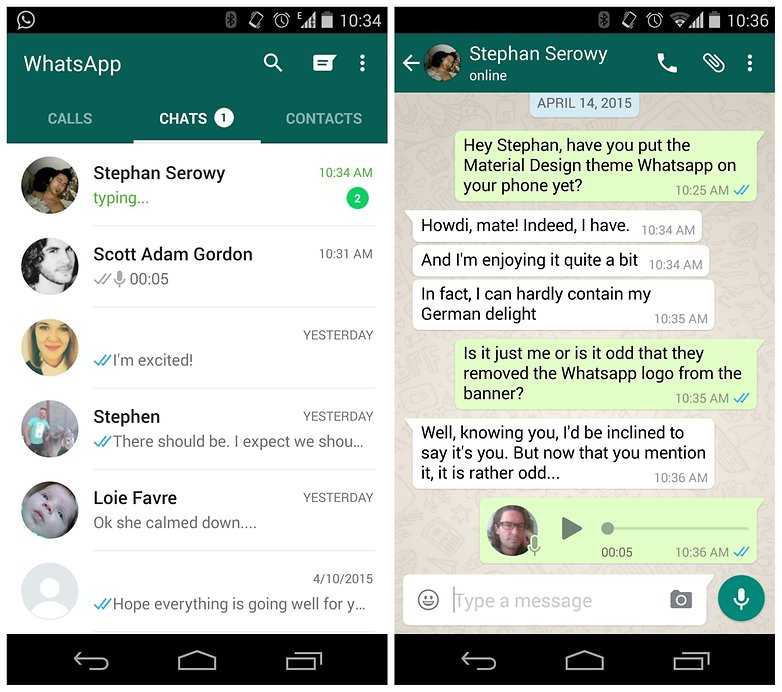 29 million.
29 million.
In 2018, WhatsApp co-founder and Facebook Inc. director Jan Koum announced his departure from Facebook. Media reports indicate that Koum decided to leave after a disagreement with the company over its use of user data and its desire to allow advertisements on WhatsApp. Koum, along with his co-founder Brian Acton, has long been an advocate for the privacy of WhatsApp users.
In March 2022, WhatsApp had more than two billion users in 180 countries and was Meta Platforms, Inc.'s (formerly Facebook) second-biggest property, after its namesake app. It surpassed Instagram Facebook Messenger, the third- and fourth-biggest properties. Read on to see how WhatsApp makes money.
Key Takeaways
- WhatsApp is a mobile app that allows users to message and call each other over the Internet.
- WhatsApp was founded in 2009 and bought by Meta (formerly Facebook) in 2014 for $19 billion.
- Meta's second biggest property is now WhatsApp, after its Instagram and Facebook Messenger service.

- The way WhatsApp used to make money was through a subscription model. It cost $1 to download and then $1 a year going forward.
- Meta eventually removed the $1 fee and made WhatsApp a free service, with the idea that consumers would communicate with businesses through it and businesses would pick up the cost.
- Revenue in 2021 for WhatsApp was $8.7 billion.
One Dollar at a Time and Beyond
The short answer used to be $1 at a time. In some countries, the app used to cost about $1 to download; in others, the first year is free, but each subsequent year costs $1; in other words, WhatsApp had a subscription model. At the peak under this model, it had about 700 million users worldwide; yearly revenue could thus be estimated at $700 million per year at that time.
In January 2016, Facebook revealed in a 10-Q filing that because WhatsApp was monetized in "a very limited fashion," it may not be generating meaningful revenue in the long term, hinting that the strategy would change.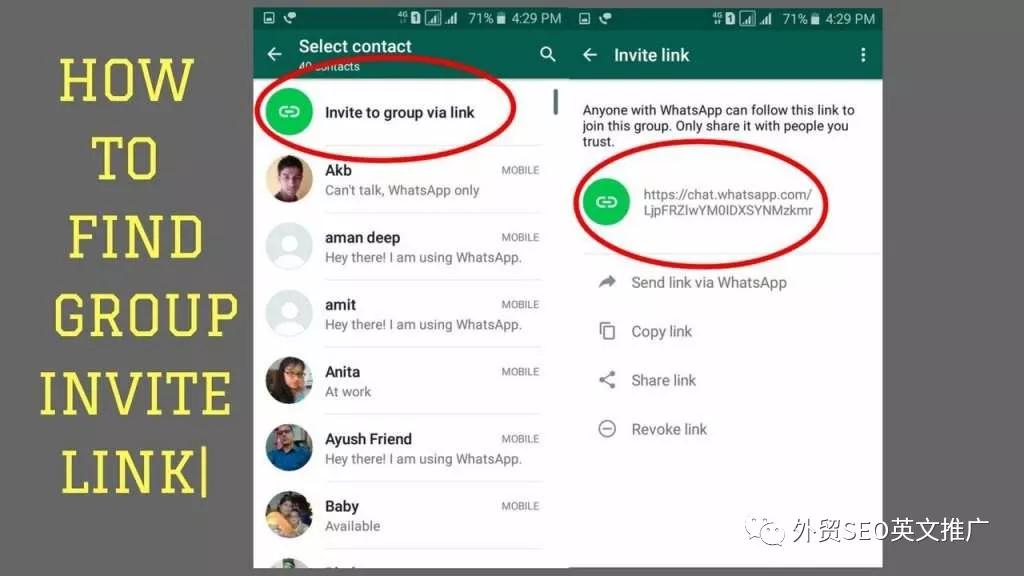 Shortly after, WhatsApp announced in a blog post that the era of subscriptions had come to an end and the messaging app would now be free to use.
Shortly after, WhatsApp announced in a blog post that the era of subscriptions had come to an end and the messaging app would now be free to use.
There are still no ads in the app, however. "Starting this year, we will test tools that allow you to use WhatsApp to communicate with businesses and organizations that you want to hear from," the company wrote at the time. The goal is to have people communicate directly with their banks, airlines, etc. over the app, while the businesses pick up the bill previously paid through subscriptions.
Though WhatsApp's financial statements aren't public (Meta doesn't break down its revenue by company), Forbes estimated potential revenue to be $27–$29 billion by Q1 of 2022. As of March 2022, WhatsApp had over two billion users.
WhatsApp Business, the business platform of the messaging app, provides a host of tools for businesses to access company insights and measure metrics, making it an attractive tool for businesses.
Focusing on Growth
WhatsApp is globally popular—the top three countries are: India with 390 million users, 108 million in Brazil, and 75 million in the United States. With SMS apps, growth is exponential; when one person in a social group downloads and advocates using the app, many new users download the app to communicate with the original person. These new users then encourage other members of their other social groups to use the app.
By increasing market penetration, the app becomes indispensable and the user base grows.
Information from StatistaIs It Really About the Money Though?
Industry insiders have speculated that part of the rationale behind acquiring WhatsApp was for Meta to access user’s behavioral data and personal information.
With location sharing data, 100 billion messages sent per day, and access to users' entire contact lists, Meta has access to a ton of personal information—all uploaded and saved on its servers. While Mark Zuckerberg has previously promised that this data won’t be used to improve consumer targeting in Meta ads, it will be unless the user changes the settings to not share information with Meta.
While Mark Zuckerberg has previously promised that this data won’t be used to improve consumer targeting in Meta ads, it will be unless the user changes the settings to not share information with Meta.
End-to-End Encryption Controversy
WhatsApp, as well as other messaging providers (including Apple), have been in hot water with governments around the world after it was determined that terrorists used apps to communicate before and during attacks.
Governments and counter-terrorism agencies wanted the companies behind these apps to share the encryption key to gain access to messages sent and received by the terrorists. The companies, however, refused to oblige. This led to WhatsApp's adoption of end-to-end encryption, which prevents anyone, including WhatsApp, except the sender and receiver from gaining access to the data shared on the app.
How Many Users Does WhatsApp Have?
According to industry estimates, WhatsApp has more than 2 billion users worldwide as of 2022.
Is WhatsApp Really Secure and Private?
Yes, WhatsApp messages, including text, images, and other media, are secured through end-to-end encryption. This means that they cannot be intercepted or read during transmission.
Does WhatsApp Make Money?
Yes, WhatsApp generated more than $8.7 billion in revenue in 2021 for its parent company, Meta (formerly Facebook).
The Bottom Line
WhatsApp has become one of the most popular messaging services in the world with only room to grow. Whether you believe that Meta overpaid for WhatsApp or not, the fact is that the app has a growing revenue stream with endless possibilities that will allow it to bring in more revenues over time.
How do WhatsApp and Telegram make money?
So, let's reason.
Let's start with the facts about " WhatsApp ":
- cost about $20 billion
- about 1.2 billion users (monthly active audience)
- more than 180 countries
- more than 50009 daily messages
- the application is completely free
- there are no payments and no advertising
So how does WhatsApp make money?
A few years ago « Whatsapp "tried to monetize: the first year of use was completely free for users, and the next one cost $1. It was possible to buy access for several years at once, in this case it was cheaper for a year.
It was possible to buy access for several years at once, in this case it was cheaper for a year.
This mechanism worked from 2013 to 2016. At the beginning of the 16th, it was abandoned and the messenger became completely free.
“Monetization will not be a priority for us. We are focused on growth." WhatsApp chief executive Jan Koum said at a conference on the Facebook deal.
I think due to charging for the use of the messenger, the growth of the audience began to slow down, which was considered more important than momentary profit. And I think this is the right decision.
Also, as far as I know, " Whatsapp " negotiated with large companies (Uber) about paid mailings. How successful these negotiations were - there is no information. But now, at least in the messenger, I don’t see anything like that.
As a result: today « WhatsApp " does not work.
What's the matter?
Everything is really simple. If monetization mechanisms are introduced now, this will, one way or another, slow down expansion and prevent the messenger from “taking over the world”.
If monetization mechanisms are introduced now, this will, one way or another, slow down expansion and prevent the messenger from “taking over the world”.
Therefore, I think the guys are waiting until the audience of " Whatsapp " will make up an impressive part of the world's population, or better - when the application is installed on every smartphone. When users get used to and love the messenger so much that they simply cannot communicate comfortably without it.
At this point, you can (it will be very reasonable and fair) enter a paid subscription. Users will not have much choice. Since the whole world and the entire user's notebook will sit here.
In addition, you can go the other way. You can start selling ads, selling extras. services (stickers, for example) and so on - in general, to sell them to a large audience.
An audience of 1.2 billion users today is practically unattainable for paid applications. What if Watsappa » Will there be 5 billion audience?
5 billion audience is expensive. Therefore, it will not be difficult to monetize " Vostap " - it is only a matter of time.
Therefore, it will not be difficult to monetize " Vostap " - it is only a matter of time.
What about Telegram?
Nothing much to say here. The story is exactly the same, I think. Audience first, money second.
Of course, there are differences from WhatsApp. Telegram is more focused on developers and has an open API. I don’t know exactly how Telegram or WhatsApp will be monetized. But first they need to win over an audience. The rest is a matter of technique.
Telegram, by the way, accepts donations. The matter is voluntary.
Total:
Initially messengers are very long-term projects (investments). You have to go a long way to attract an audience. But if there is an audience, monetization will not be a problem.
--
Nikita Goncharov
MobileDev CEO
Billions in advance: how messengers make money
Why messaging services have become worth billions and how can you make money on them?
The creator of the WhatsApp messenger, Jan Koum, is 38 years old, his fortune is almost $ 7 billion, the founder of Snapchat, Evan Spiegel, is only 24 years old, and he also managed to become a billionaire thanks to his project. The boom in mobile messaging services has allowed young entrepreneurs to quickly break into the Forbes rankings. Their companies still generate almost no revenue, but are nonetheless valued by investors in the billions of dollars.
The boom in mobile messaging services has allowed young entrepreneurs to quickly break into the Forbes rankings. Their companies still generate almost no revenue, but are nonetheless valued by investors in the billions of dollars.
Finished reading here
WhatsApp, Snapchat, Chinese WeChat, and other services belong to the second generation of instant messengers. Popular in the early 2000s, services like ICQ were mostly used on desktop computers. Much has changed since then: the massive spread of smartphones and the availability of mobile Internet have shifted the center of communication to portable devices. Few of the former leaders managed to rebuild - the audience of the same ICQ year by year is reduced by tens of percent.
The victims of the new wave of messengers are not only their outdated competitors, but also traditional forms of communication - the same SMS messages.
“The reason is simple: messengers are free to use, there are many different functions, more advantages than previously popular means of communication,” Jun Masuda, CEO and director of strategy and marketing of the Japanese Line Corporation, which owns the messenger of the same name, tells Forbes. There is another factor: many have abandoned individual accounts - they use a regular phone number instead. Now you do not need to look for an interlocutor on the service, it is enough to save his phone number in a notebook.
As a result, large corporations became interested in instant messengers. WhatsApp was bought by the social network Facebook for $19 billion. The same Facebook and Google were fighting for Snapchat. But Evan Spiegel has so far refused to sell the project. Yahoo is going to invest in Snapchat, the messenger's valuation has already grown from $3 billion to $10 billion. Players who understand the value of instant messengers consider it important to connect them with their services, which is most likely why this trend is emerging, ”Masuda believes.
Players who understand the value of instant messengers consider it important to connect them with their services, which is most likely why this trend is emerging, ”Masuda believes.
Messenger audience is huge. Line is used by 460 million people, WhatsApp by 600 million people. How do messengers make money?
Emotions with a picture
Advertising is considered the main way to make money on the Internet. Almost all popular messengers do not have it. "When ads are involved, the user becomes a product," said Jan Koum, who previously sold ads at Yahoo for several years. The creators of WhatsApp have chosen an easy way to monetize through a paid subscription: the first year of communication is free, and then $1 per year. The expectation is that in the first year the user will become attached to the messenger and will be forced to pay in order not to lose contact with friends.
Snapchat founder Evan Spiegel thinks otherwise: the first advertisements will soon appear in the messenger. It will not be targeted, Spiegel promised. However, this was quite difficult to implement, because the main feature of Snapchat is that it removes user content from its servers and cannot analyze it.
Another way to make money is selling stickers. These are pictures with which users can express emotions. They are becoming a kind of communication standard, not only in instant messengers, but also in social networks: recently stickers appeared on Facebook, a little earlier - on the VKontakte social network. Line, for example, has a dedicated Creators Market service where users can create and sell their own stickers.
Legend has it that Jan Koum hung a note next to his desk from WhatsApp co-founder Brian Acton: “No ads! No games! No tricks!
Asian messengers are different. The strategy of Line, WeChat, and Kakao Talk is to build an ecosystem of additional services around the messenger — games, mobile commerce, music sales, and others. For example, LINE earned $336 million in 2013. Game sales accounted for about 60%, and stickers accounted for another 20%.
The strategy of Line, WeChat, and Kakao Talk is to build an ecosystem of additional services around the messenger — games, mobile commerce, music sales, and others. For example, LINE earned $336 million in 2013. Game sales accounted for about 60%, and stickers accounted for another 20%.
Masuda believes multifunctionality is the future of instant messengers. According to him, smartphones are now becoming a replacement for personal computers, and instant messengers are turning into analogues of Internet portals: they should play the role of intermediaries.
Secrecy
One statement by the South Korean authorities led to an increase in the popularity of the Telegram messenger Pavel Durov in the country. The country's prosecutor's office offered to monitor the forums in order to stop the spread of rumors, and the Koreans immediately thought about the confidentiality of their negotiations.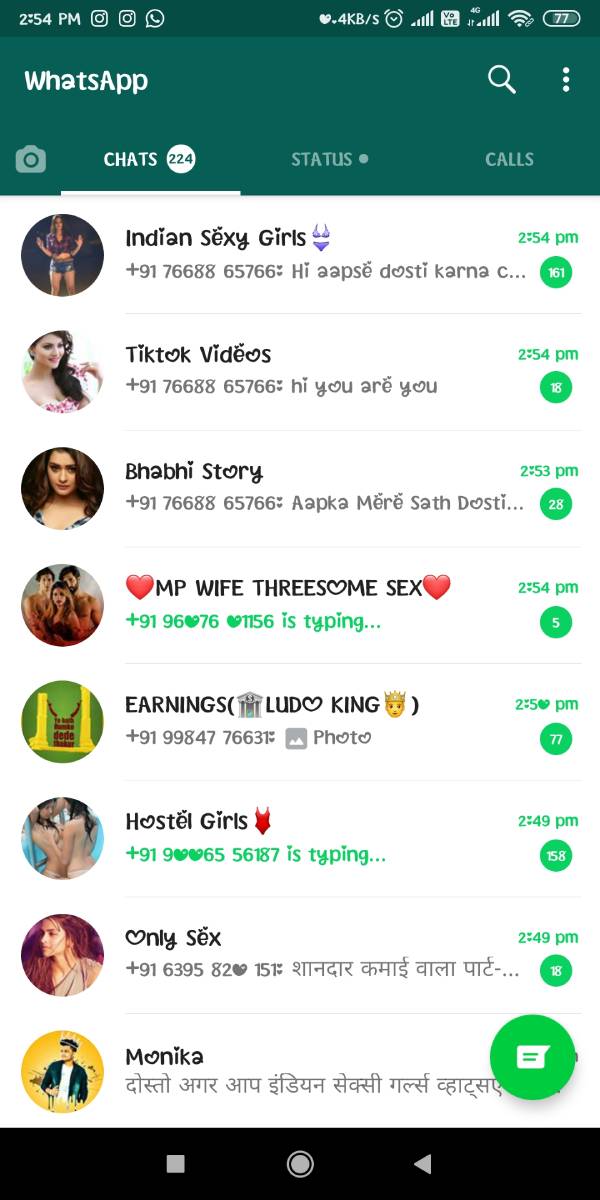 Telegram, as its creators say, provides such privacy.
Telegram, as its creators say, provides such privacy.
A similar story happened with the FireChat messenger, which allows you to communicate without accessing the Internet. And at the same time, anonymity is maintained. The first wave of popularity of this messenger took place in March, when the number of downloads reached 100,000 per day.
This came as a surprise to Open Garden, as FireChat was more of a hobby for them.
The second wave of popularity came in October during demonstrations in Hong Kong - more than 100,000 downloads.
Messengers, whose main feature is the secrecy of correspondence, have become a mass phenomenon in just the last two or three years. In addition to Telegram and FireChat, there is also CryptoCat, which Edward Snowden used during his first communication with journalists after escaping from the United States, or the Swiss messenger Threema.